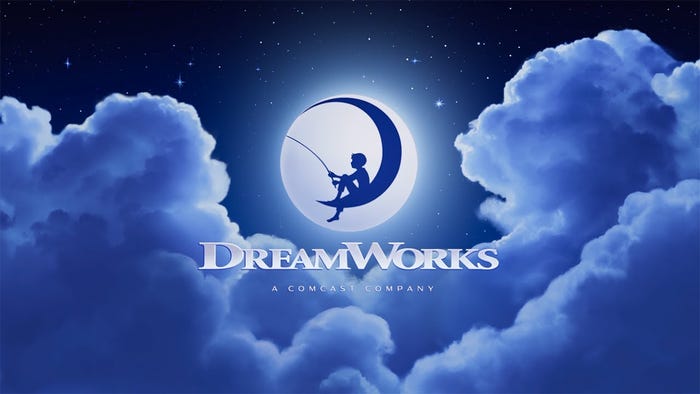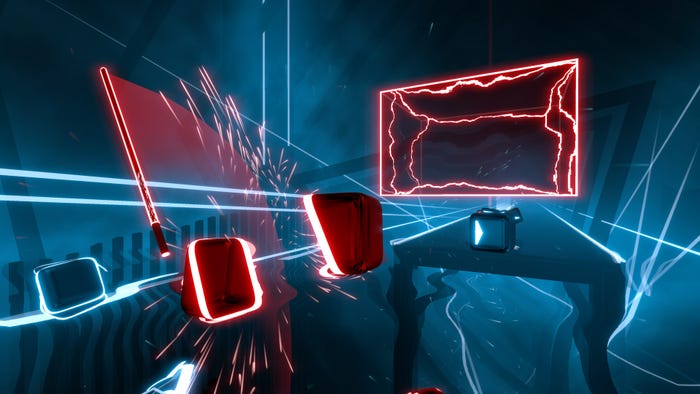Equality, Brotherhood, Freedom
The motto of the French Revolution, in 1789, is a very powerful Manifesto from a miserable, sick, and tired population of workers that simply could not stand the French monarchy no more. The oppression was so overwhelming, that it preceded a Revolution.


The motto of the French Revolution, in 1789, is a very powerful Manifesto from a miserable, sick, and tired population of workers that simply could not stand the French monarchy no more. The oppression was so overwhelming, that it preceded a Revolution. Many died, from both sides, but the oppressed won and heads started to roll.
Cut to 2020, George Floyd gets murdered in front of a camera by a clear oppression tool, the police. All hell breaks loose, but instead of mourn notes from authorities, that act of
Insanity and pure lack of humanity was the single drop needed for the several-centuries-old pool to overflow. They say violence is never an option. It should, but what happens when one side only uses lawful violence and the other is hopeless? How many more African-Americans need to die, physically, emotionally and psychologically? Just like in 1789, enough is enough.
But we are here to talk about games, right? Let me propose an exercise. I assume you work in the industry. Since we are all working from home, imagine your normal office, everything zooming, clakts clakts clakts from keyboards all around. Imagine yourself seating at your chair. I’d ask you to raise from that rhetorical chair and look around. How many black colleagues can you see?

The expected answer is none. One in the whole floor, being optimistic. Let’s get to the data: 3% of all workers in the game industry are African-Americans. (source: https://www.newsweek.com/2016/10/21/video-games-race-black-protagonists-509328.html), and that figure only increased 0.5% in the last decade, so I’ll assume that it remains mostly the same for 2020.
How about black protagonists in games? Less than a handful. Lincoln Clay from Mafia 3, Lee Everett from The Walking Dead and Alyx Vance from Half-Life 2 are some of the very few examples.
It is common sense that if we need to change anything, we need to act more than we talk. All I’ve seen from game companies so far are corporate notes reaffirming that they are equal employers. Again, rhetorical BS, if you pardon my French (pun intended). Why is that simply not enough? Because structural racism is exactly that, structural. I’ll refer to Mrs. Obama excellent book, Becoming, as an example. In a sequence from the book, Mrs. Obama, an accomplished honor student, gets an “advice” from her school counselor, saying that “she was not Princeton material”. Of course, being African-American, South Side et al. She persevered, faced all kinds of structural walls to avoid her from succeeding, but hey, you know what happened later.

Instead of Xbox tweeting about being an equal employer, why not using some of that massive cash cow to start game development schools for African American kids? Activision, how about college scholarships? Ubisoft, how about art workshops? If you are indie, how about creating an intern position for training these young developers?
Why we, as an industry, do not pledge to break the structural walls and start ACTING towards getting skilled professionals, so THEN you can say you are an equal employer? Matter of fact, it does not matter of you are an equal employer if you simply don’t have an equal availability of professionals to fill those roles. My objective here is not to be political. My only point is that we must be doing WAY more in terms of action if we really want to use the #BlackLivesMatter hashtag.

Read more about:
BlogsAbout the Author(s)
You May Also Like













